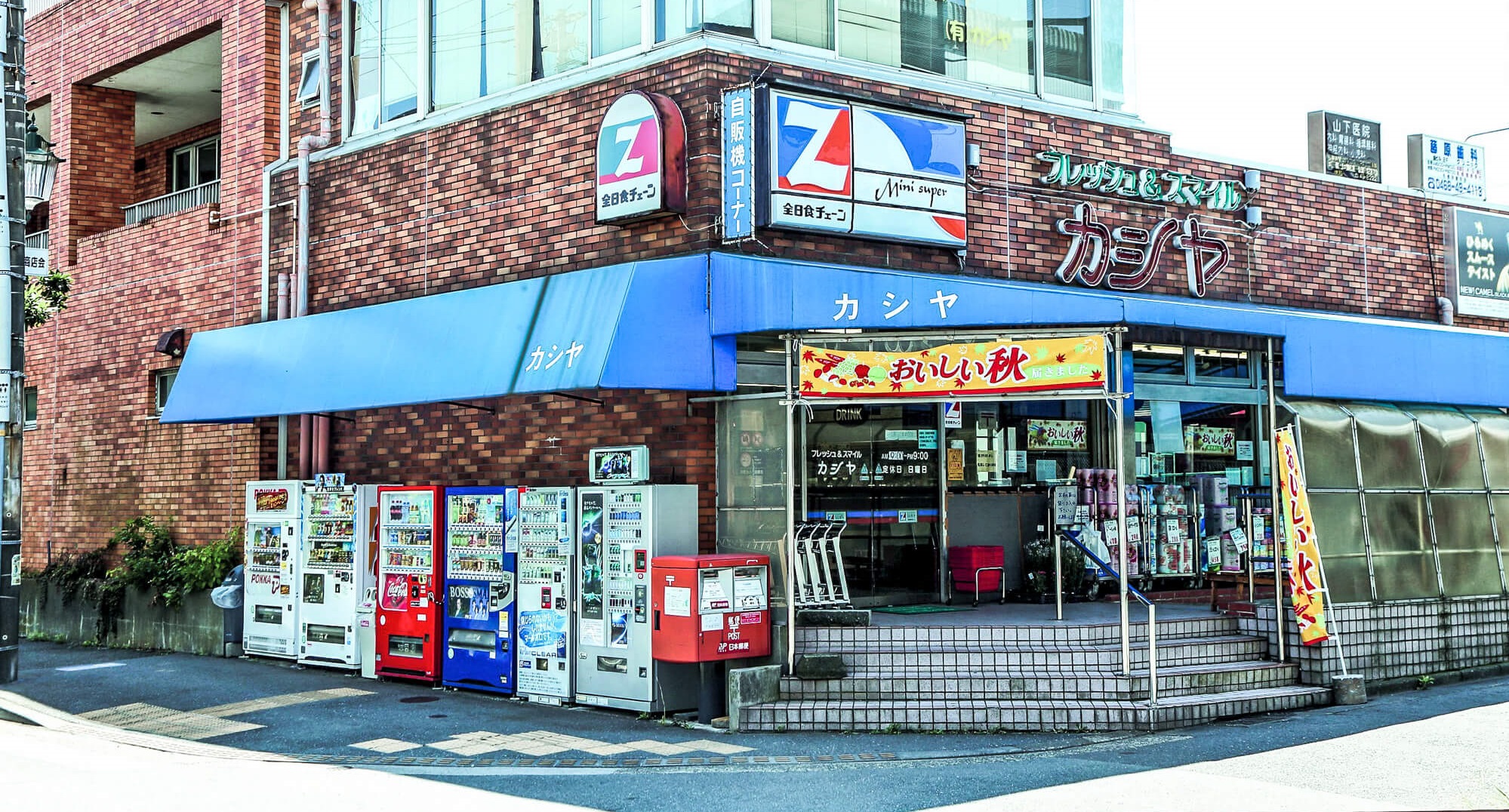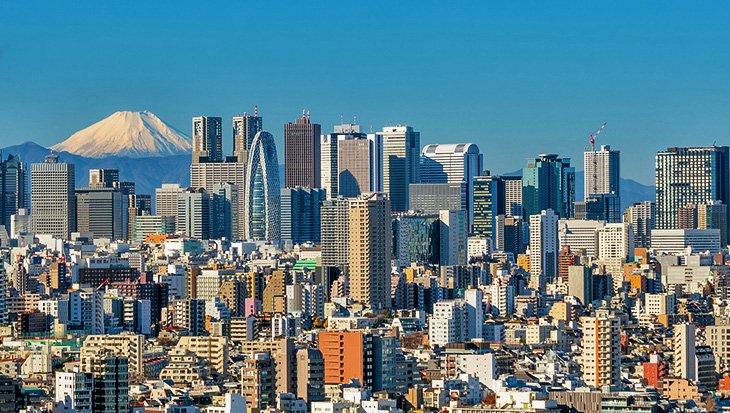apanese phrases you’ll hear at the convenience store

When you live in Japan, convenience stores will become an integral part of your life. Whether you’re looking for an early morning breakfast on the go, paying your utilities bills, or you need last-minute toiletries, Japanese convenience stores will have you sorted. With the convenience store, or konbini コンビニ, featuring so heavily in your daily life in Japan, you’ll want to learn some common Japanese phrases that you’ll hear there.

Irasshaimase! いらっしゃいませ!
This is the standard greeting you’ll hear across Japan by staff of not just convenience stores, but of cafes,
restaurants, shops – most places where retail and customer service are present.
It basically means: “welcome, come in” and it comes from irassharu いらっしゃる, which is the polite form of “to be” (iru いる)
or “to come/go” (kuru くる, iru いく).
You don’t need to respond or acknowledge the greeting.
Note that in Japanese, yōkoso ようこそ also means “welcome”, however you wouldn’t hear someone welcoming customers into a
store with this word.
Shō shō omachi kudasai 少々お待ちください
This is a formal way of asking someone to please wait briefly. It’s very typically heard in customer service and
business settings, for example at restaurants, banks, department stores, post offices and of course, convenience stores.
Machi 待ち means “to wait” and shō shō 少々means “just a moment”.
Omatase itashimashita お待たせいたしました
Often following the phrase, “Shō shō omachi kudasai” will be “omatase itashimashita”, which means: “thank you for
waiting”. Again, it’s a formal saying often used in customer service and business settings.
Itashimasu いたします is the formal version of “to do”, shimasu します.
Otsugi no kata dōzo お次の方どうぞ
This means, “Next in line please” and you’ll hear this when you’re waiting in line and the cashier is calling for the
next customer. Tsugi 次 means “next” and dōzo means “please go ahead”, or “here you are” if you’re offering someone
something. Kata 方 in this context means “person”.
You may also hear:
お次でお待ちの方どうぞ
Otsugi de omachi no kata dōzo
This means the same thing.
Another common variation of this is:
お次のお客様どうぞ
Otsugi no okyakusama dōzo
Or
お次でお待ちのお客様どうぞ
Otsugi de omachi no okyakusama dōzo
Kyaku 客 means “customer” and sama 様 is a formal honorific often used for clients and customers.

At the cashier
You’ll hear the bulk of Japanese phrases when it’s your turn to pay for your goods at the convenience store. Here are some of the most common!
Pointo kādo wa omochi desuka? ポイントカードはお持ちですか?
This means: “Do you have a point card?” You’ll soon realise how commonplace point cards are in Japan. Whether or not
your sign up for them is your prerogative (you can get member-only deals and discounts if you shop at those places
regularly), but if you don’t have a point card, you can say:
はい、お願いします。
Hai, onegaishimasu.
Yes please.
If not, you can simply say:
大丈夫です。
Daijōbu desu.
It’s okay.
Ohashi wo otsukeshimasuka? お箸をお付けしますか?
This means: “Do you want chopsticks?”
Again, this can be handy if you don’t have utensils with you and you can respond in the same way as above.
Kono mama de yoroshii desuka? このままで宜しいですか?
This literally translates to, “Is it okay as it is?” but in this particular context, it’s often used to ask: “Are you
sure you don’t need a bag?”
Since it’s more commonplace for places to charge you for bags, the cashier may ask you:
袋にお入れしますか?
Fukuro ni oire shimasuka?
Do you want (your items) in a plastic bag?
袋はいりますか?
Fukuro wa irimasuka?
Do you need a plastic bag?
If you would like to tell the cashier that you don’t need a bag, you can say:
このままでいいです。
Kono mama de ii desu.
It’s fine as it is.
Shīru de yoroshii deshouka? シールでよろしいでしょうか?
This means: “Is it okay to put a sticker on?”
This isn’t as widespread of a question, but you may get asked this to show that you have purchased an item.
Ichiman-en kara de yoroshii desuka? 一万円からでよろしいですか?
“You’re paying with a 10,000 yen bill, is this correct?”
Often cashiers will confirm the amount you give them when you pay, but it’s as much a confirmation for themselves as it
is for you to help them do their job more accurately.
You don’t need to respond with anything unless the amount they say is different to what you gave them.
Reshīto wa yoroshii desuka? レシートは宜しいですか?
“Do you want your receipt?”
Similar to the above questions, you can respond to this question with either, “Hai, onegaishimasu” or “Daijōbu desu.”
As you may have noticed, the language used by convenience store staff is formal Japanese. The convenience store is a great place for learners to practise their Japanese communication skills and you’ll be more
than prepared with these Japanese phrases!

